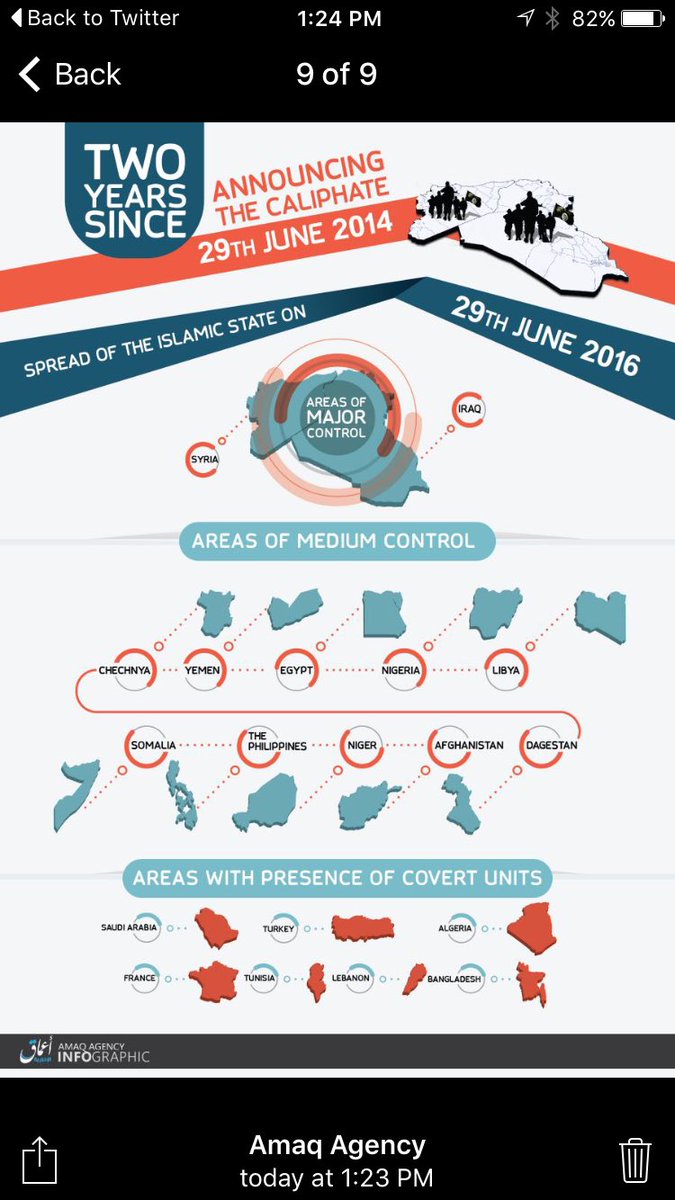Tuesday’s assault on Turkey’s largest airport continues a string of deadly terrorist attacks that have struck the country.JUNE 28, 2016

DOMESTIC TERMINAL
PARKING
Debris and bodies seen here in photos
Edge of security area
PARKING
Exit
Entrances
Exit
Explosion
first floor Explosion
ground floor
By The New York Times |Source: Istanbul Ataturk Airport
A Turkish government official said that shortly before 10 p.m. Tuesday, the police fired on two attackers at the entryway to Ataturk airport’s international terminal in an attempt to stop them from reaching a security checkpoint.
The two attackers then blew themselves up, the official said. A third attacker detonated explosives in the parking lot, another official said.

Forensic experts outside Ataturk airport after an explosion on Tuesday night. Murad Sezer/Reuters
Terrorist Attacks Are Occurring
With Increasing Frequency
In the past year, militant groups have executed at least 14 major terrorist attacks across Turkey, killing more than 200 people.
Kurdish militants, who have been in armed conflict with the Turkish government for decades, struck at least eight times.
The Islamic State has launched the deadliest attacks, targeting popular and crowded places.
On Monday, the State Department renewed a warning issued three months ago advising Americans about the dangers of traveling to Turkey because of terrorist threats.

 Rukmini Callimachi
Rukmini Callimachi 


 NPR
NPR